Michael Che's scathing Instagram post about the Supplemental Nutrition Assistance Program (SNAP) freeze has sparked a heated debate about the country's welfare system and the impact of the government shutdown. The comedian's words cut deep, highlighting the stark reality faced by many low-income families who rely on SNAP to put food on the table. "This SNAP freeze is really fucked up," Che wrote, "And I keep seeing a lotta racist videos celebrating (mostly black) families not being able to buy groceries."
For those who may not be aware, SNAP, also known as food stamps, is a federal program that provides financial assistance to low-income individuals and families to purchase groceries. The program has been a vital lifeline for millions of Americans, particularly those living in poverty. However, with the government shutdown, the program has been suspended, leaving many families without access to this essential service.
The shutdown, which has now entered its fourth week, has brought the country to a standstill, with many government agencies and services grinding to a halt. The impact on low-income families, however, is particularly devastating. Without SNAP, many families will struggle to put food on the table, exacerbating existing health and nutrition problems.
Che's post highlights the racist undertones of the SNAP freeze, pointing out that many of the videos celebrating the program's suspension feature predominantly black families. This is not a new phenomenon; the demonization of welfare recipients has a long history in the United States, with many politicians and pundits perpetuating the myth that those who receive government assistance are lazy or undeserving.
However, the reality is far more complex. Many families who rely on SNAP are working multiple jobs, but still struggle to make ends meet due to the low wages and lack of affordable housing. The program is not a handout, but a vital safety net that helps families access the basic necessities of life.
Experts agree that the SNAP freeze is a symptom of a larger problem – the erosion of social safety nets and the growing wealth gap in the United States. "The SNAP freeze is a perfect example of how the government's priorities are skewed towards the wealthy and powerful," says Dr. Laura Edwards, a sociologist at the University of California, Berkeley. "When the government shuts down, it's the most vulnerable members of society who suffer the most."
The implications of the SNAP freeze are far-reaching, with many experts warning of a potential increase in food insecurity, malnutrition, and even poverty-related illnesses. "The consequences of the SNAP freeze will be felt for years to come," says Dr. Edwards. "We're talking about a generation of children who will grow up with stunted growth, cognitive impairments, and a host of other health problems due to inadequate nutrition."
As the government shutdown continues, it's clear that the SNAP freeze is not just a policy issue, but a human rights crisis. Michael Che's words are a powerful reminder of the importance of this program and the need for policymakers to prioritize the needs of the most vulnerable members of society.
In the end, it's not just about the SNAP freeze; it's about the values we hold as a society. Do we value the well-being of all our citizens, or do we prioritize the interests of the wealthy and powerful? The answer to this question will determine the course of our country's future, and the fate of millions of families who rely on SNAP to survive.
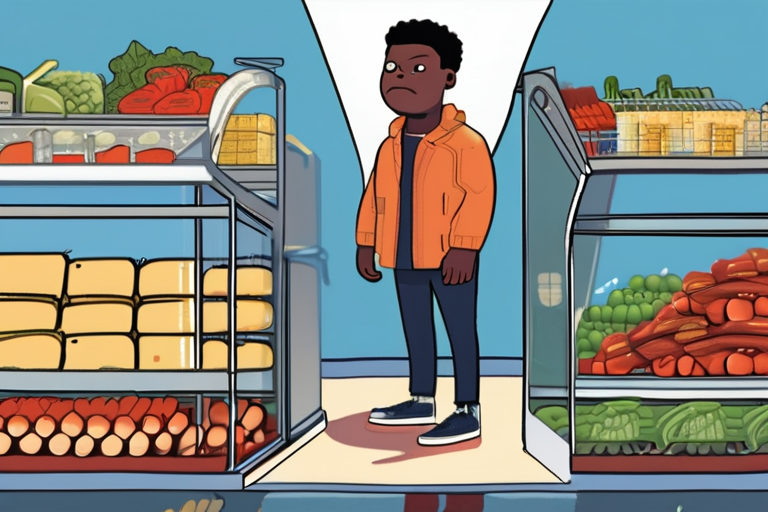


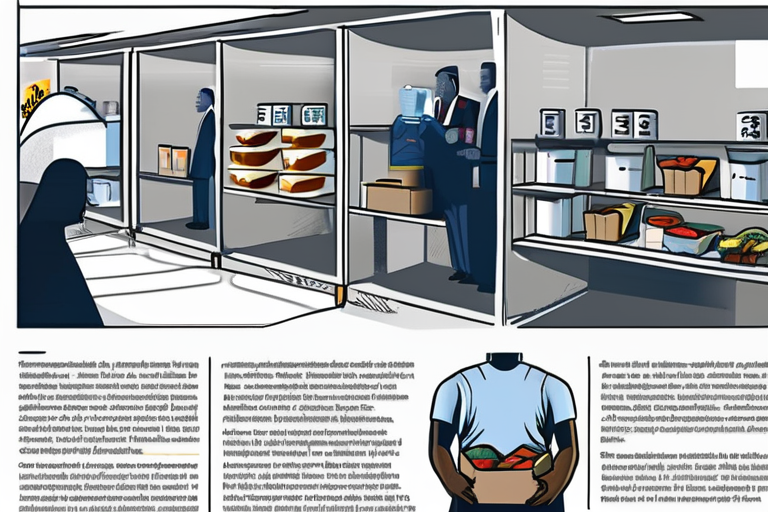
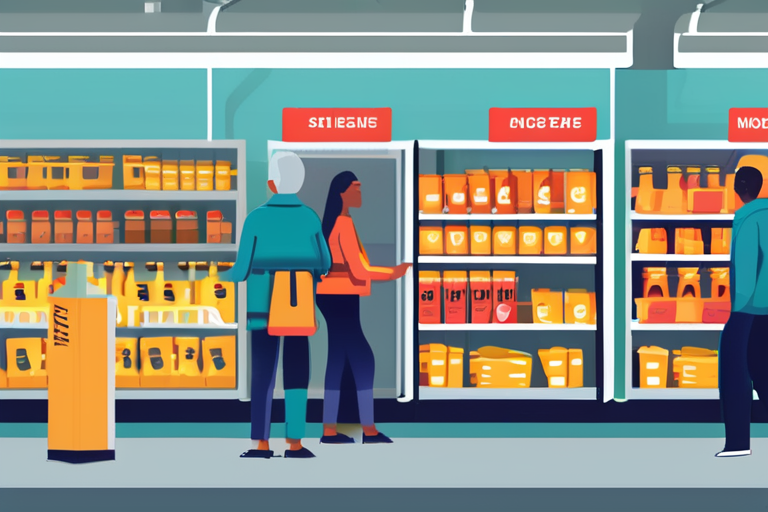
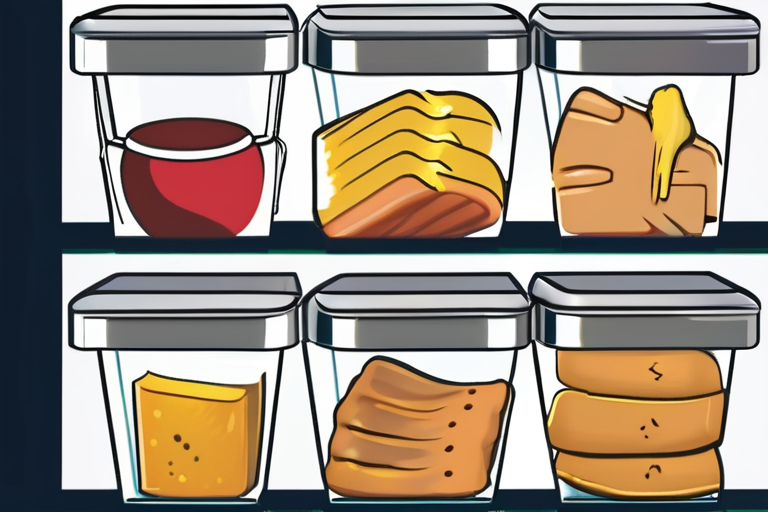
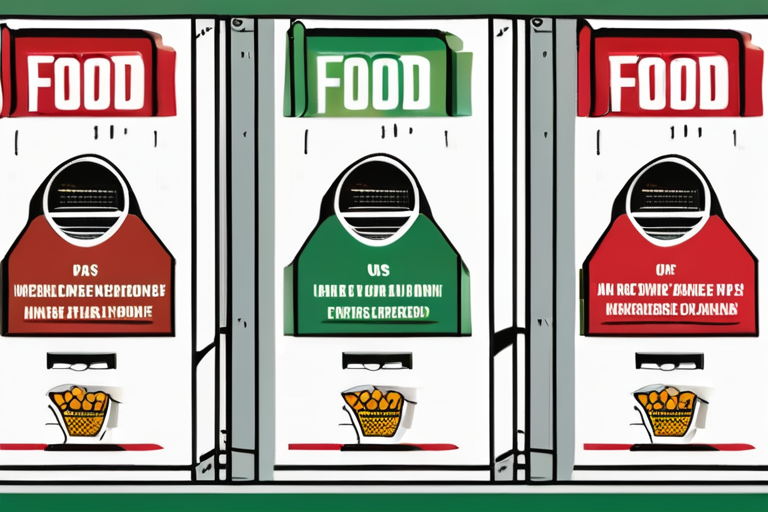
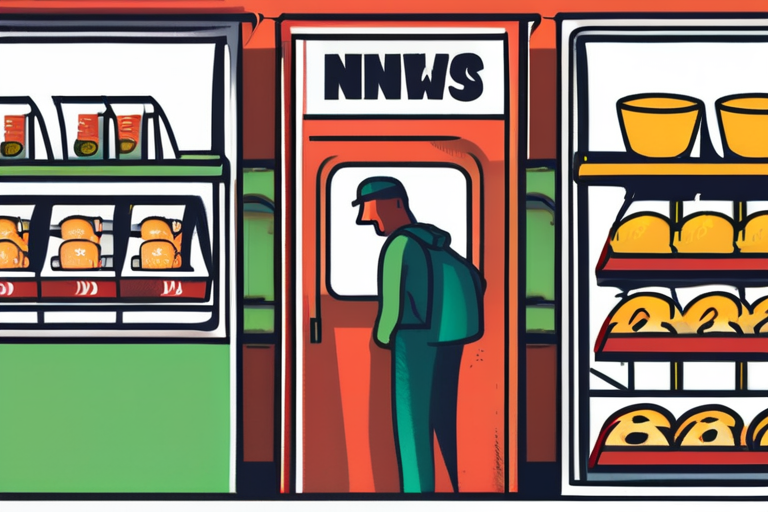
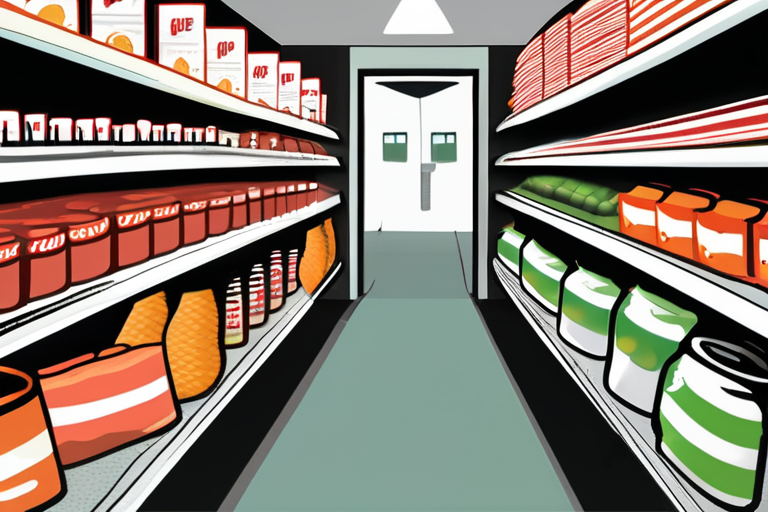
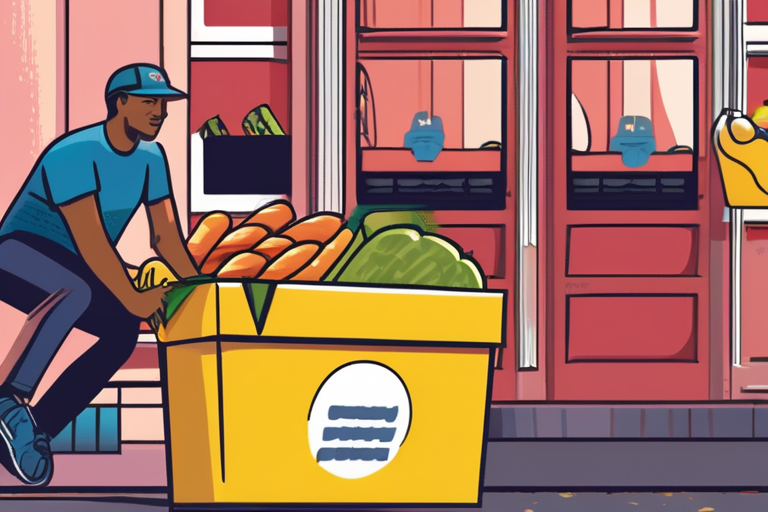
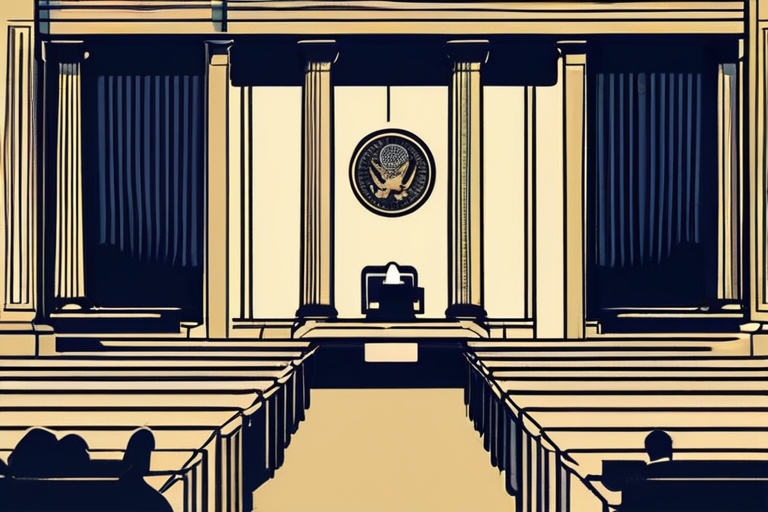
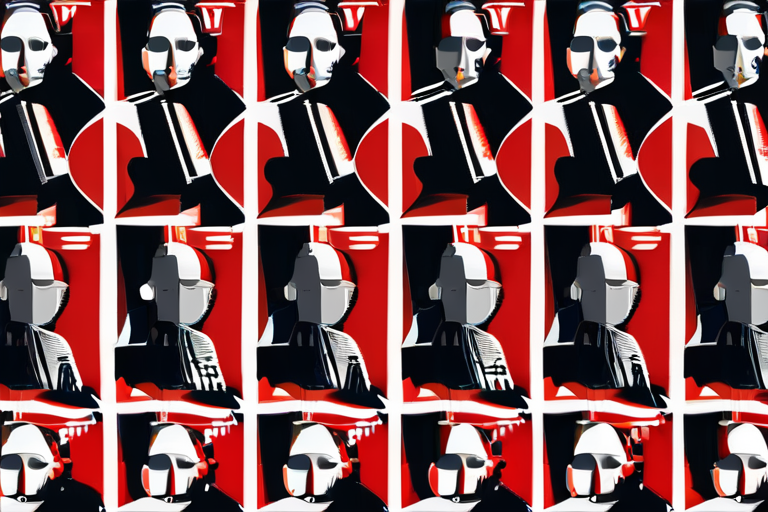
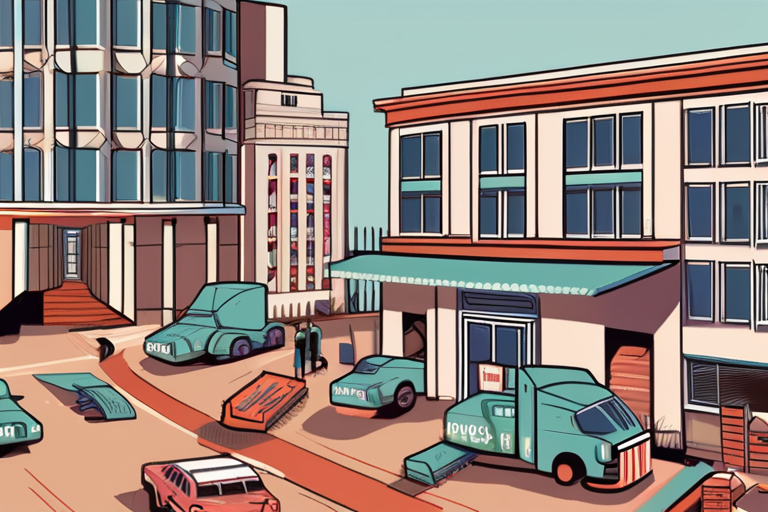
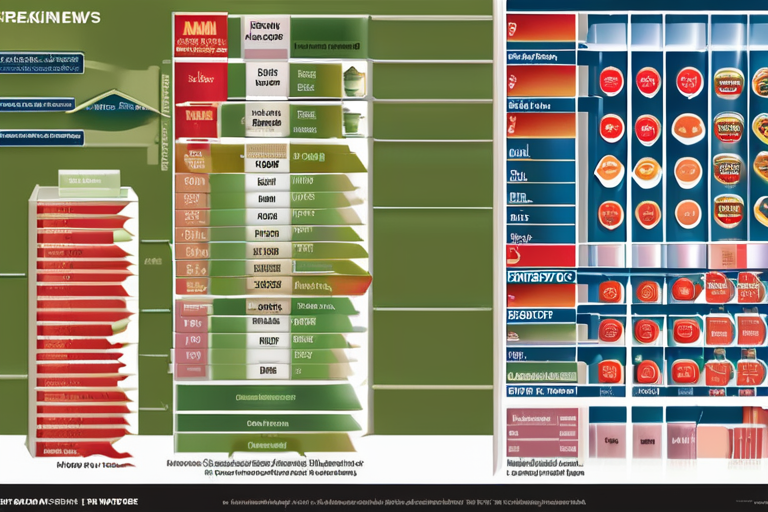
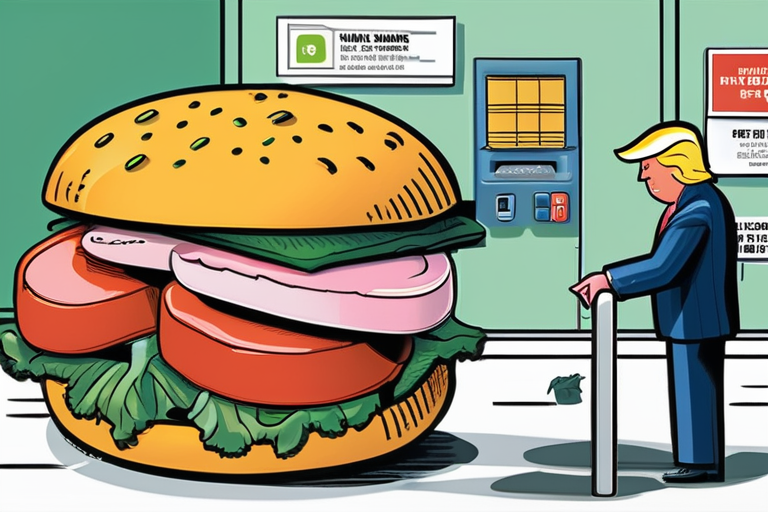
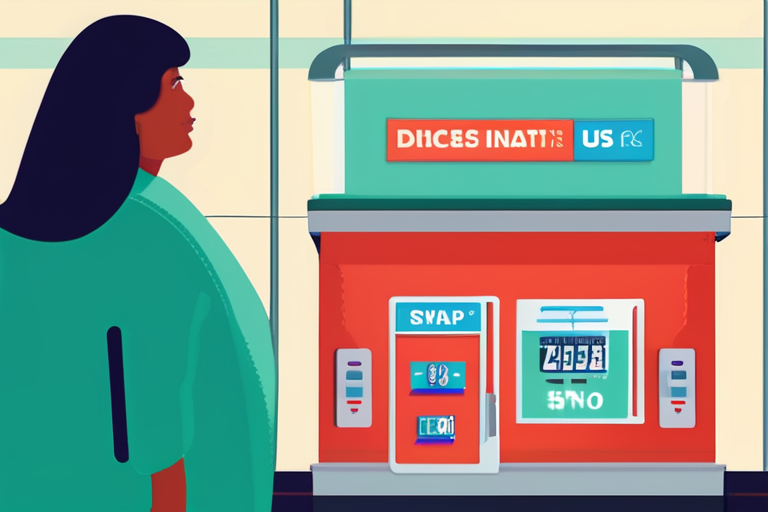
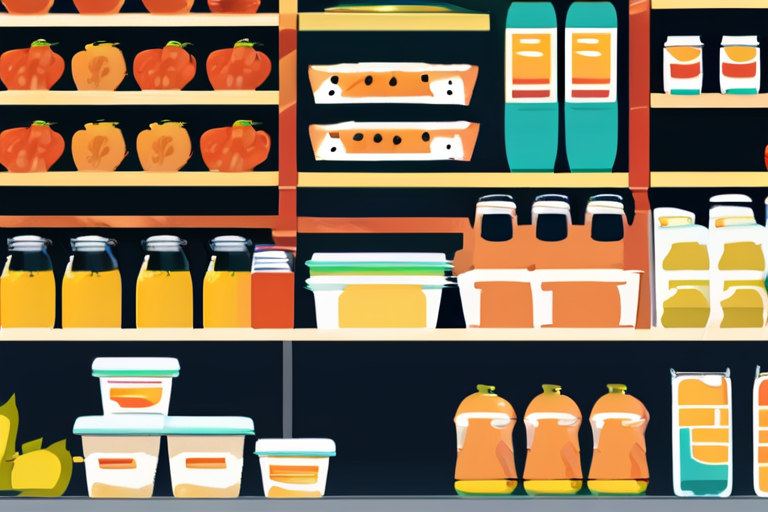
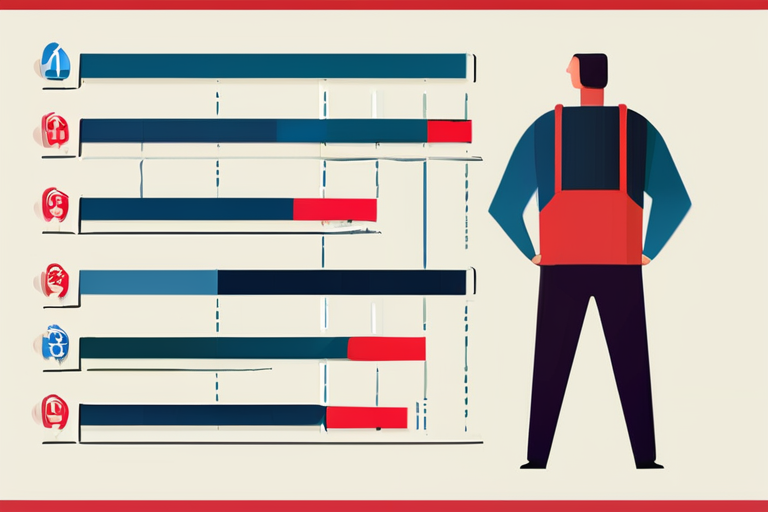
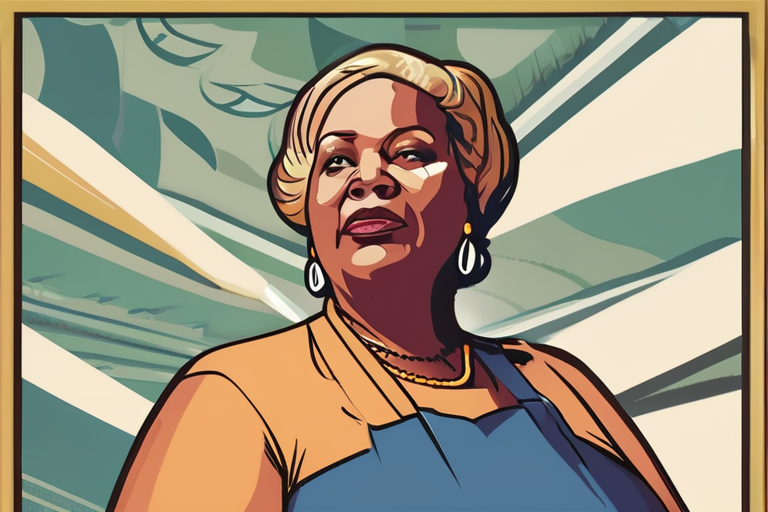
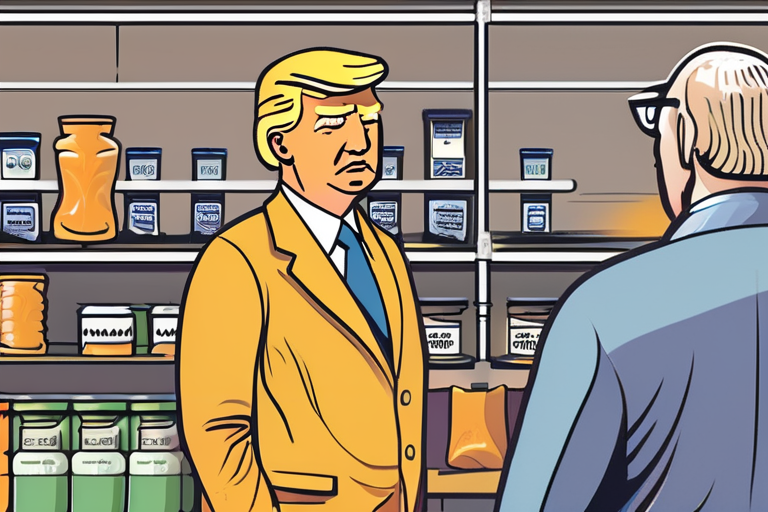
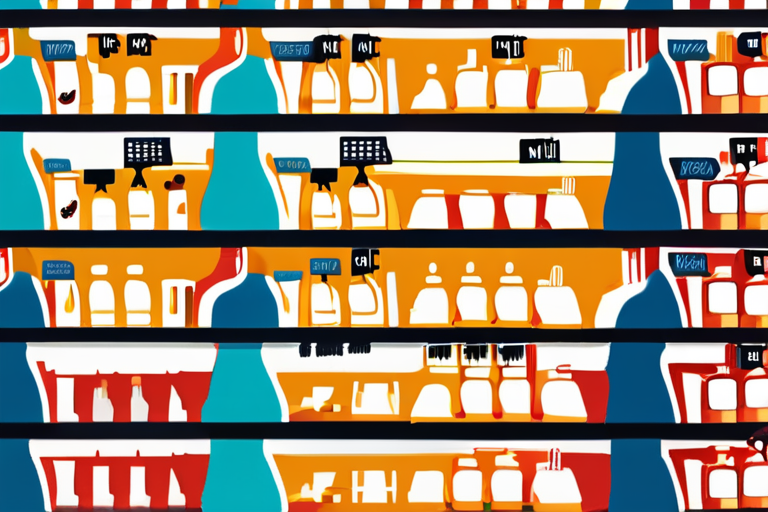
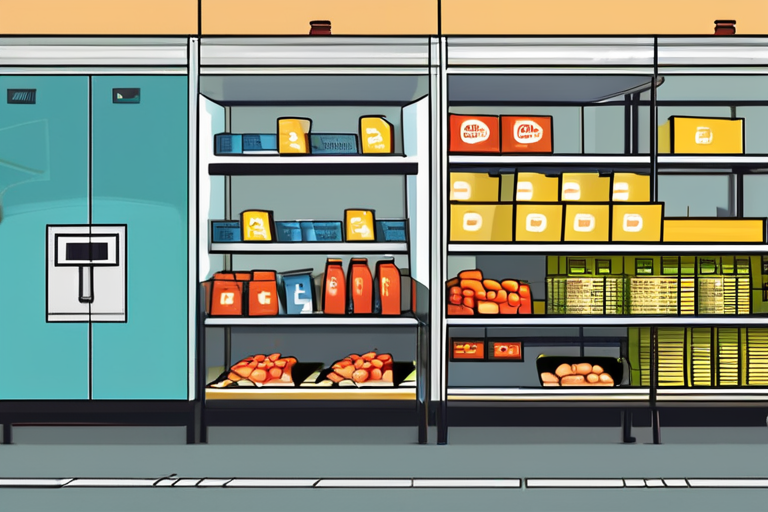

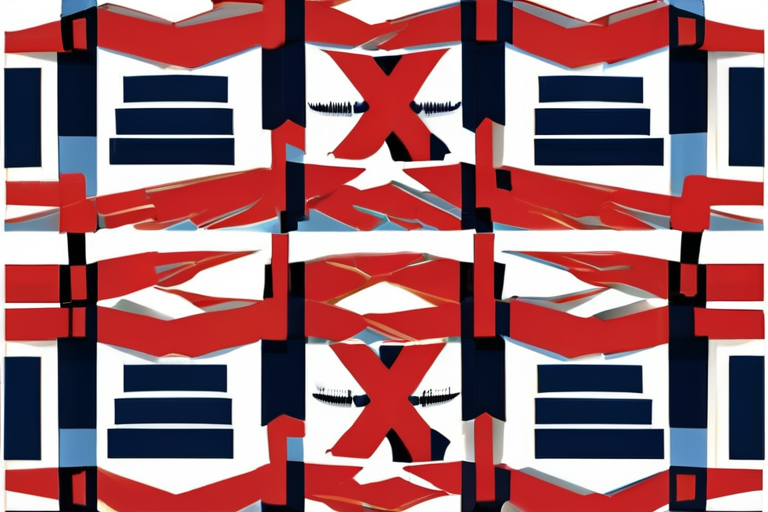
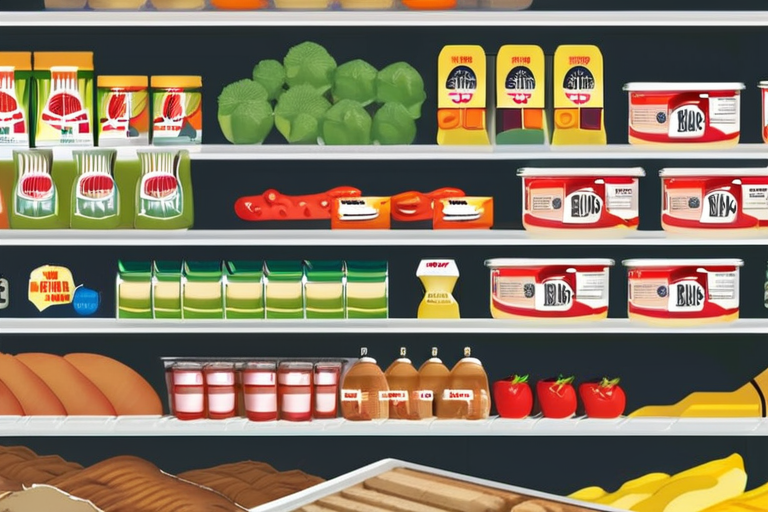
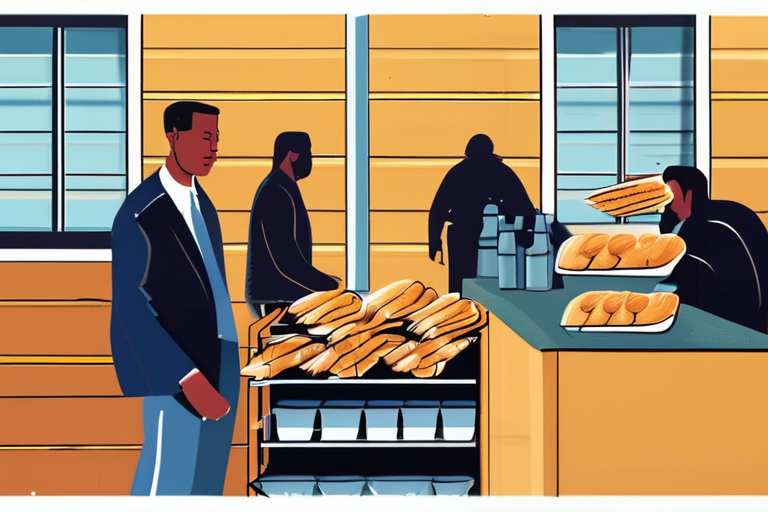
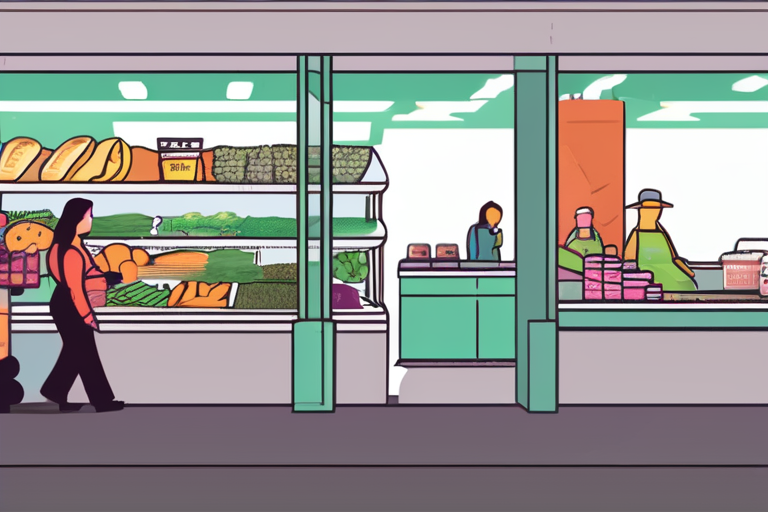
Share & Engage Share
Share this article